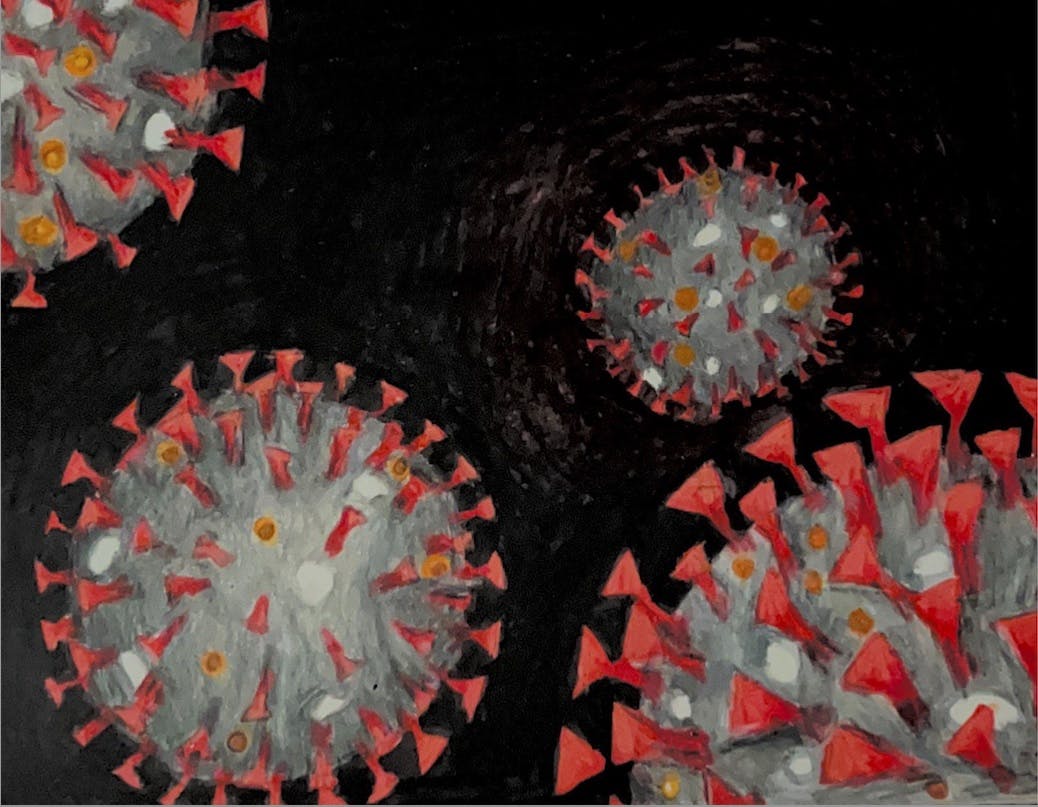
COVID-19 has been a hot topic in the past couple of years and, as time goes on, people seem to forget its existence. With the relaxed mandates and promises of the end of the pandemic, people have begun to let their guard down entirely. People think that the problem will go away on its own, that it iss happening elsewhere, and that they have nothing to worry about because they are vaccinated. This is not the case.
COVID-19 is not something that will just go away by ignoring it. This virus is well versed in mutation and its mutations can grow to be more contagious than the ones before it or can bring along more dangerous infections. One variant which has caught the attention of experts is omicron subvariant XBB1.5.
A common misconception is that the outbreaks and mass spreadings are happening elsewhere and it certainly is true that outbreaks elsewhere are occuring. China had recently relaxed its Zero COVID policy which allowed for hundreds of thousands of travelers to finally be allowed to travel abroad. This caused the mass spread of COVID-19 and its variants, one of them being XBB 1.5. For instance, about 50% of the passengers arriving in Milan from China on two separate flights tested positive for COVID-19.
Not only is it abroad, but it is also in the U.S. The variant has been rapidly spreading; since the end of December of 2022, it was responsible for 20% of cases reported for COVID-19 with a doubling time of one week. Not only this, but there have been several reports of people who were vaccinated or recently infected catching this new variant, according to experts from Yale Medicine.
Although the variant does not have severe symptoms, hospital admissions are increasing in the northeast of the USA, where it is most prevalent. Experts on this variant are taking the stance that measures for mitigation will be very important. The elderly or immunocompromised, in particular, are at high risk of infection from people who do not take the necessary precautions. Additionally, the long term effects of this variant are unknown and could prove to be dangerous to those who recover from their initial infection.
Experts also recommend mitigation measures due to the fact that, as more infections occur, there will be more opportunity for the virus to develop. This could cause it to evolve into something far more dangerous. Our local expert, Nurse Lauren, had this to say on the matter, “It certainly isn’t as severe as it used to be, but it shouldn’t be taken lightly. It is something to keep up with and is never the same every year, and it shouldn’t be dismissed”. The consensus is that nobody can remain complacent during this ongoing pandemic; people must continue getting vaccinated, practicing basic social distancing and hygiene, and getting tested regularly.